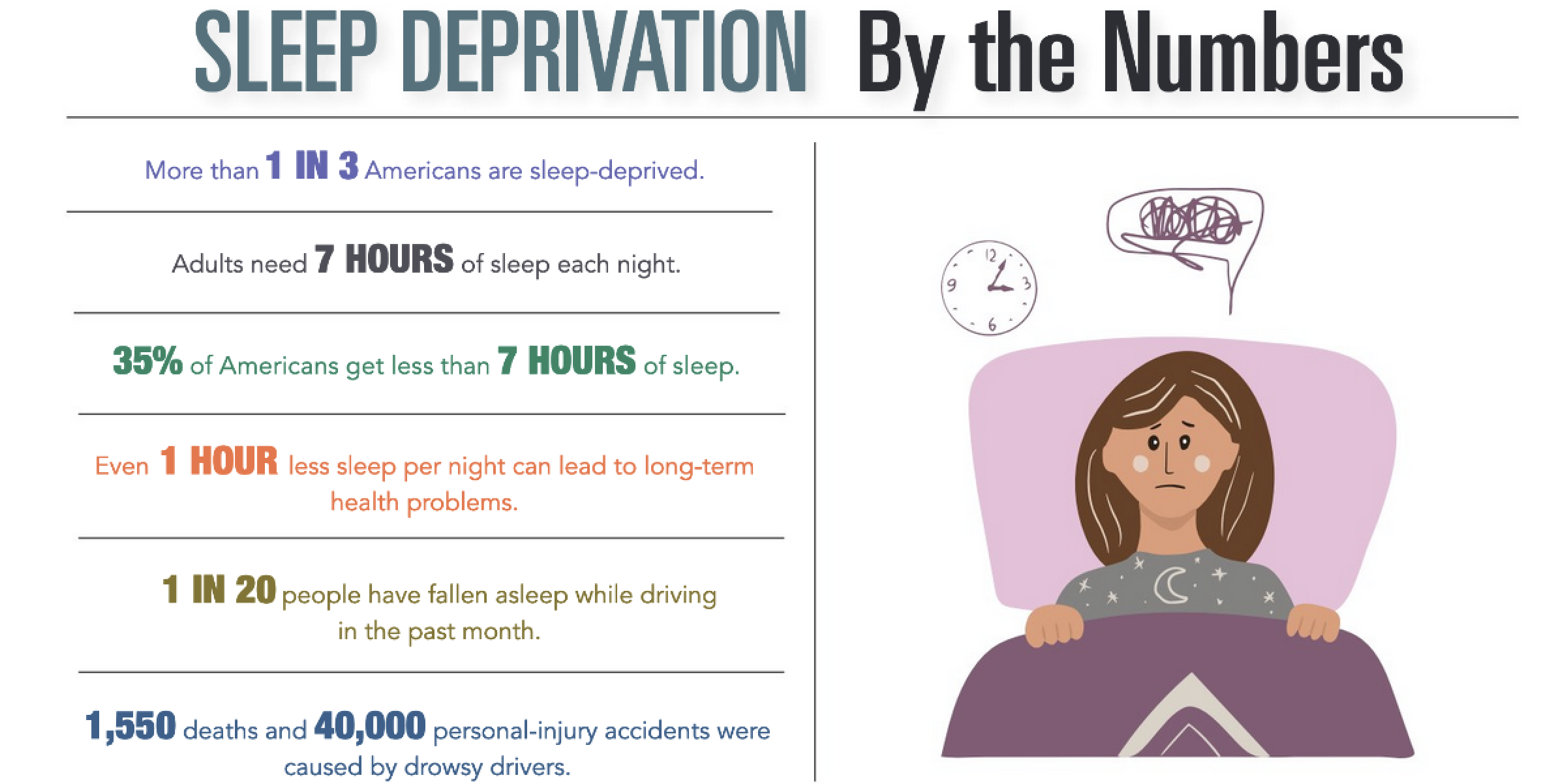When the day is done and it’s finally bedtime, there’s a lot of turning down and turning off to do; the sun is down, the bed sheets are turned down, the lights are off, the cell phone and the iPad are finally put down and it’s time for the sandman to sprinkle his sand and send you off to dreamland.
At least in theory, that’s the goal. But for many people, the mind can’t find its own off switch and their thoughts run wild, keeping sleep at bay.
Aside from simply feeling tired and lethargic the following morning, there are big-picture medical consequences that stem from regularly having a sleep deficiency. The National Heart, Lung, and Blood Institute confirms that manifestations of “sleep deficiency” include sleeping at the wrong time of day or not sleeping well or having a sleep disorder that prevents you from getting enough sleep. Further, the NHLBI reports that sleep deficiency is linked to a range of issues like heart and kidney disease, high blood pressure, diabetes, stroke, depression and obesity. The organization also linked lack of sleep to car crashes and even high-profile tragedies like nuclear reactor meltdowns, ship groundings and plane crashes.
Racing thoughts that can’t be turned off at night are major contributors to sleep deficiency.
“Often, people have racing thoughts due to anxiety or the inability to focus,” said Ashlee Martin, a licensed professional counselor with Thriveworks. She added that these thoughts can be situational or become a long-term problem.
Some of the most common themes of racing thoughts stem from daily stressors that have not yet been addressed or solved, such as a task that didn’t get done or that needs to be done in the future. Other reasons for racing thoughts include concerns about family, health, finances and safety.
“Racing thoughts often happen at bedtime because it may be the first time a person has stopped moving or actively doing something, so it’s quiet and they can actually ‘hear’ the racing thoughts,” Martin explained.
Luckily, there are many ways to try quieting those thoughts. Martin suggested taking mental breaks throughout the day, reading a light-hearted book, journaling or actually writing down your to-do-list.
“Writing things down – even if you write it in the Notes section of your phone – is a reassuring feeling that you won’t forget something that you needed to accomplish,” she said.
To help manage stress and cope with anxiety, there are at-home methods like getting regular physical exercise or performing breathing and imagery exercises to calm your body and mind.
Having a regular, calming routine before falling asleep can also help prepare your brain for a good night’s sleep. Martin recommended setting aside at least 30 minutes of downtime before falling asleep. This is a time to relax, so any difficult conversations should be avoided right before bed. It should also be free of electronics like television, phones and computers.
“People often make the excuse, ‘I’m just reading on my phone, scrolling through social media, it’s not stimulating,’ but even ‘just scrolling’ is stimulating,” Martin explained. Social media apps are full of things that get the mind racing – ideas to add to the to-do list, upsetting news headlines, seeing posts that cause jealousy or anxiety and stir up concerns about other aspects of life.
Similarly, sleeping with the television on is not part of a good sleep routine, even with the excuse that it is like white noise.
“You might fall asleep with it on, but in the middle of the night another show could have something loud or disturbing that wakes you up and then makes it hard to fall back asleep,” Martin said. Racing thoughts can happen at bedtime but can also be a problem if you wake up in the middle of the night. She recommended using actual white noise if background sounds are preferred.
During that 30-minute time of screen-free serenity before sleep, Martin suggested taking a warm bath, reading a relaxing book, listening to calm music or meditating. Apps like ShutEye and BetterSleep also help calm the mind.
While it is important to suppress the racing thoughts to get better sleep, Martin recommended addressing worrisome thoughts at a reasonable time of day, rather than not addressing them at all.
“Suppressing racing thoughts at bedtime is a good idea. However, racing thoughts are a symptom of a larger underlying problem and should be addressed at any other time than at bedtime,” she said.
Some people can control their racing thoughts by managing their stressors during the day or by having regular before bed self-care time. If you continue to experience a feeling of being overwhelmed, it’s important to seek help. After all, the greater picture of your health depends on it.
By Anne Toole








